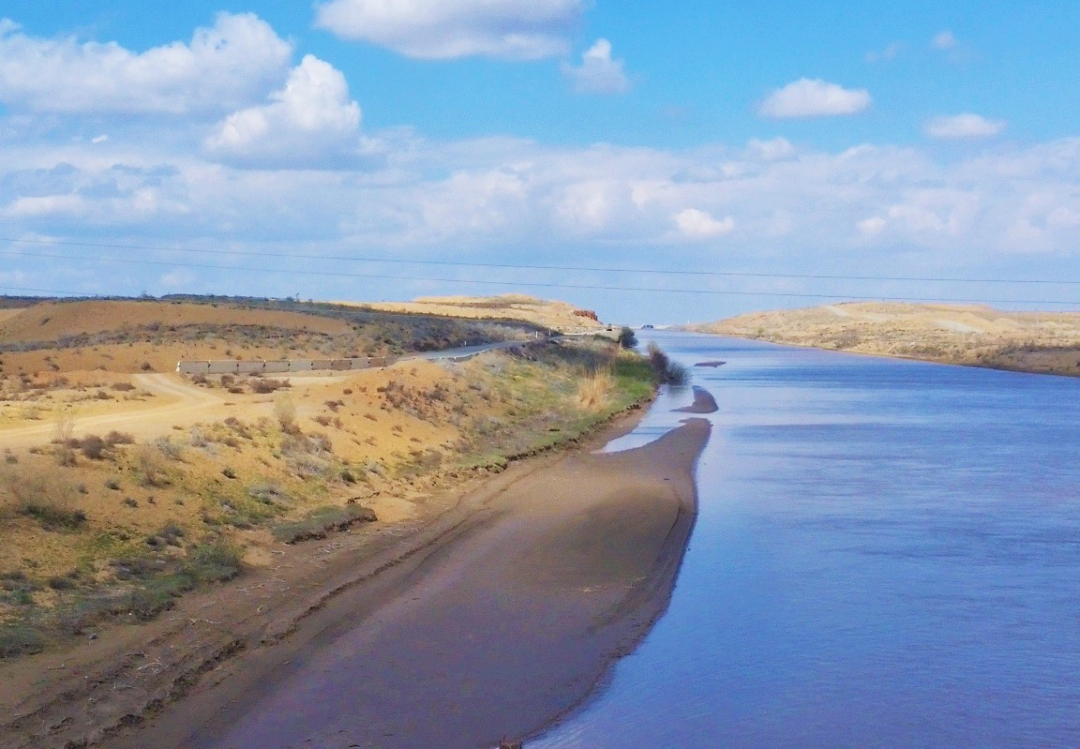- Download 31
- File Size 2 MB
- File Count 1
- Create Date May 13, 2024
- Last Updated May 13, 2024
A Comparative Analysis of Advanced Machine Learning Techniques for River Streamflow Time-Series Forecasting
Antoifi Abdoulhalik* and Ashraf A. Ahmed
Department of Civil and Environmental Engineering, Brunel University London, Kingston Lane, Uxbridge UB8 3PH, UK




